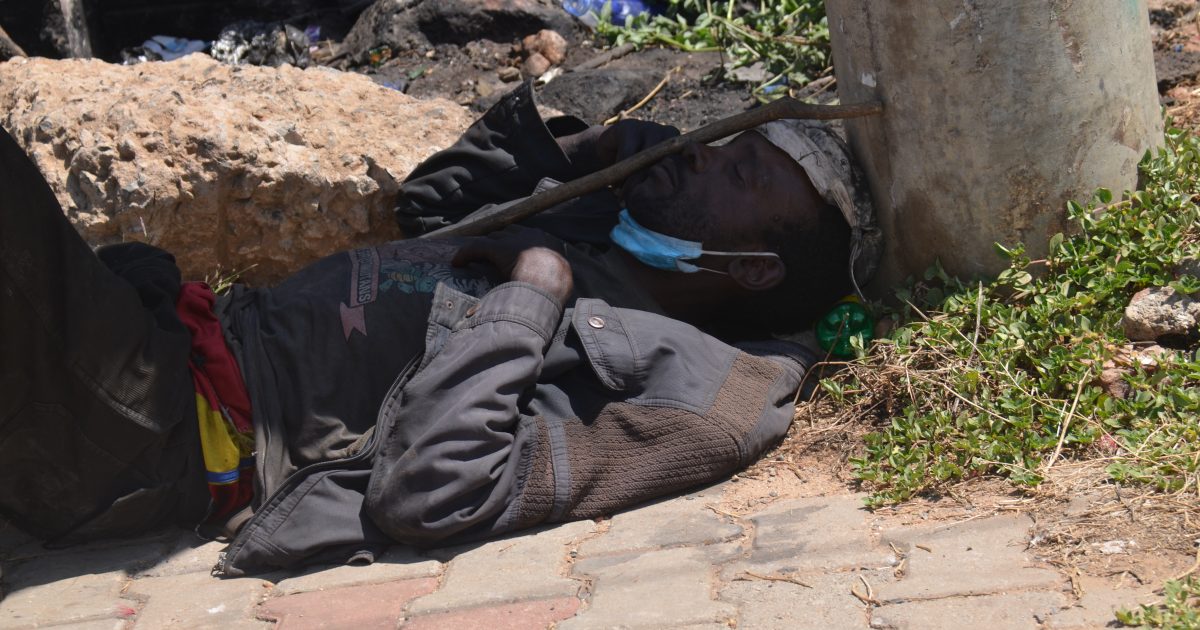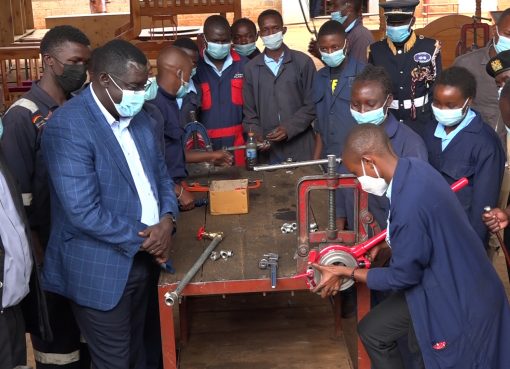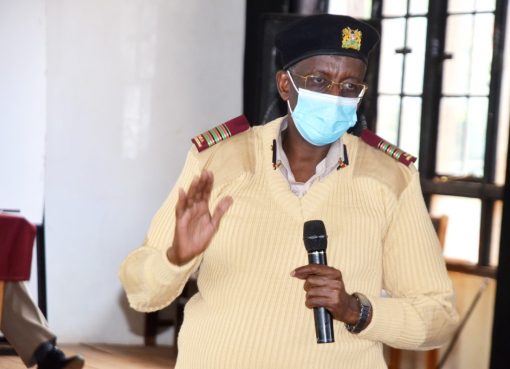It is estimated that at least 264 million people from all walks of life suffer from some form of depression. In addition, close to 800,000 others commit suicide annually making it the second leading cause of death in people aged between 15-29 years.
Therefore, no wonder that stress and depression is now becoming a major global health burden, thanks to the increasing demands of modern life.
According to medical experts, occasional feelings of sadness are normal when short-lived, but once they linger long, they can turn out to depression. Depression is caused by adverse life events ranging from unemployment, loss of loved ones, or even psychological trauma.
One may find it hard to realize they are suffering from depression. It is said that most people usually find out that they are depressed when they develop severe symptoms. Sometimes patients who think they are suffering from depression are misdiagnosed and end up receiving wrong treatment.
People suffering from depression often display feelings of worthlessness, irritability, may eat a lot or less, lack of concentration and reflect sad feelings that don’t go away easily.
Some patients may also develop a dislike in what they used to love which often leads to feelings of hopelessness and helplessness. It is such feelings that often push patients over the cliff leading to suicide.
Dr. Fabio Ogachi, a Psychology lecturer at Kenyatta University says depression like most mental issues is a combination of factors. He says depression in itself is an emotional disorder resulting from how you think and react to life.
Most depressed people, he says undergo feelings of despair and tend to isolate themselves from other people adding there are a number of factors that could contribute to such moods including losing a loved one or a good opportunity besides failure to meet expectations in life.
“One of the causes of depression is due to unmet expectations. Sometimes this failure ends up consigning a person to a state of hopelessness and helplessness. Such people afterward tend to isolate themselves and even habouring feelings of hatred to everyone they come across,” says Dr Fabio.
Depressed people, he noted, sometimes tended to vent their pent-up anger by hurting innocent others who they deem responsible for their woes.
The good news is that this medical challenge can be treated through psychological therapy, medication or adjusting to a healthy and positive lifestyle.
Dr. Ogachi however says at times it takes a while for one to get the right treatment. “One should nevertheless not rely on medications alone especially if they are for long-term use. In such a scenario such medication should be accompanied by therapy and exercise,” advises.
There are usually two methods of treating depression whereby in severe cases one is given medication to stabilize their mental health while in other cases, the medic engages directly with the patient to help them understand what could be the causative factor to their condition.
“Such conversations help in bringing awareness on how they think about themselves and have a different view of life. They also, help people see the need of changing their habits. A good example are people who engage in gambling,” Dr. Ogachi adds.
He noted that basically, most remedies for depression require interaction with people and helping them focus on the positive side of life. “If you are feeling low and stressed, the first thing to do is acknowledge that you have a problem. At this point, it is important to talk to someone who cares about you. Converse with them and share your problems,” he further advises.
“I the patient is not getting much help, then it’s advisable to ask them to visit a psychotherapist or psychologist for consultation, engage in activities that bring positive energy and surround themselves with people who cares. Let them know that whatever they go through they can overcome,” he explains.
Lenah Mailu (not her real name) is a depression survivor and says she sunk into the condition for piling up all her problems to herself, until she found out she had reached the end of the tether.
She says she found it hard to make decisions as she was always filled with feelings of negativity which ended up causing her untold physical pain. For her, inflicting pain on herself often made her feel relieved.
So bad was her condition that at times Mailu used to graze her thighs with a razor blade during her low moments. At one point she revealed she contemplated committing suicide but by God’s help managed to break free from the thoughts.
“Depression takes you to another world, more of a darker world. You get yourself so locked out of this world. You end up losing interest in everything and generally give up on life. You begin hating yourself and everyone around you. It makes you feel unworthy and without a purpose in life,” she narrated saying she is grateful God snatched her from the very gates of hades.
According to Dr. Faith Kimeu a psychiatrist at Machakos Level five-hospital, depression is a real medical challenge that does respect any class of people or status.
Faith advises anyone who feels like they need any mental help to seek a specialist immediately before the situation gets out of hand.
For instance, residents of Machakos can seek help at Machakos level five hospital which she said offered excellent services.
She said cases of people visiting the facility seeking treatment for mental challenges have been on an upward trajectory in recent years. “We are increasingly seeing many patients visiting our facilities to get help from stress and depression in recent times,” she went on.
On the global arena, there are hundreds of organisations that have been offering assistance to people suffering from depression. One such body is the World Health Organization Mental Health Gap Action Programme (MH GAP). The Programme aims to help countries come up with services to cater for people with mental health issues.
Locally, there are a number of charitable organisations such as Befrienders that mainly focus on suicide prevention by offering emotional help to those who may be undergoing stressful conditions.
But when all has been said and done, we should always remember that no matter what happens, ‘life is still beautiful’ as celebrated inspirational writer and journalist, Enrique Chaij says in one of his books which goes by the same title.
KNA Team





